Publications
Articles, publications, books, tools and multimedia features from the U.S. Institute of Peace provide the latest news, analysis, research findings, practitioner guides and reports, all related to the conflict zones and issues that are at the center of the Institute’s work to prevent and reduce violent conflict.
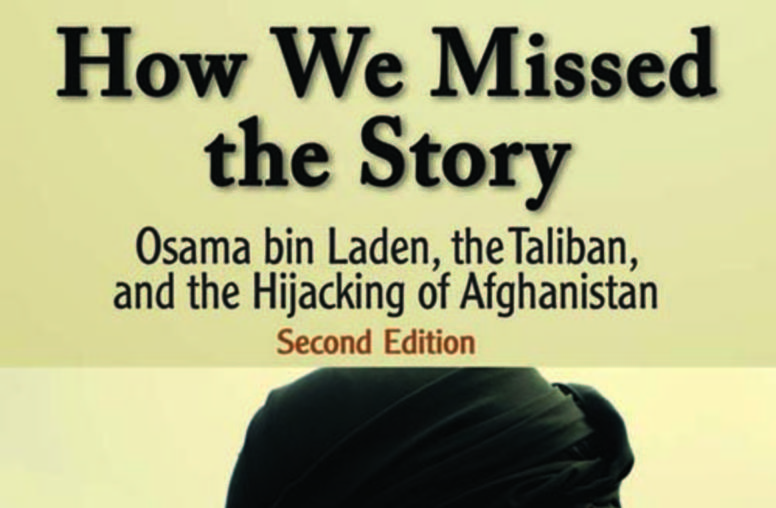
How We Missed the Story, Second Edition
In How We Missed the Story, Second Edition, Pulitzer prize-winning journalist Roy Gutman extends his investigation into why two successive U.S. administrations failed to head off the assaults of 9/11 and to look at the U.S. military intervention that followed. Anyone who thinks Afghanistan doesn't matter, or that Washington can walk away once again, is "missing the story."
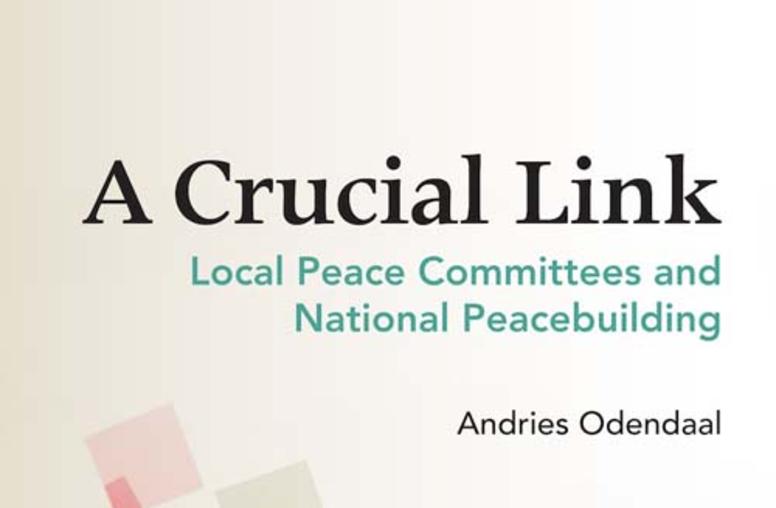
A Crucial Link
In places as diverse as South Africa, Northern Ireland, and Nepal, negotiators of national peace plans have for years sanctioned the creation of local peace committees (LPCs) to address community-level sources of grievance and thereby to build peace from the bottom up. In A Crucial Link: Local Peace Committees and National Peacebuilding, longtime practitioner Andries Odendaal engages in the first comparative study of LPCs and asks whether and where the committees have succeeded.
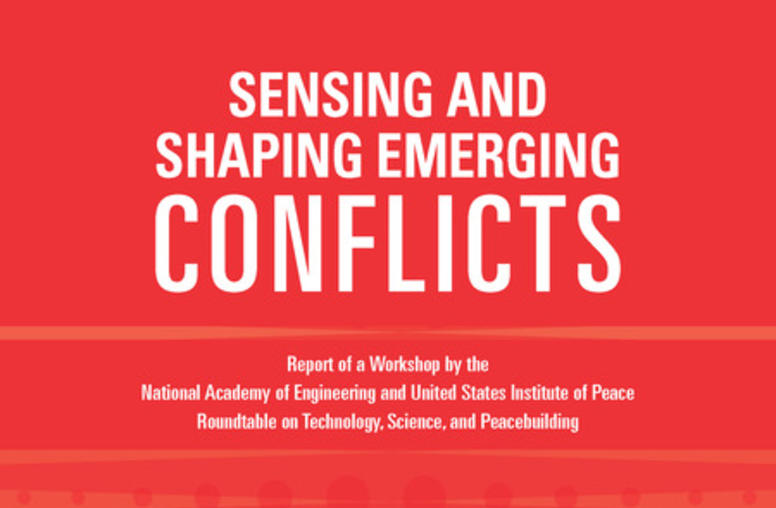
Sensing and Shaping Emerging Conflicts
On October 11, 2012, the Roundtable on Science, Technology, and Peacebuilding – a partnership between the U.S. Institute of Peace and the National Academy of Engineering – held a workshop in Washington, DC, to identify major opportunities and impediments to providing better real-time information to actors directly involved in environments where deadly violence could occur. This summary provides a synopsis of the day’s discussion.
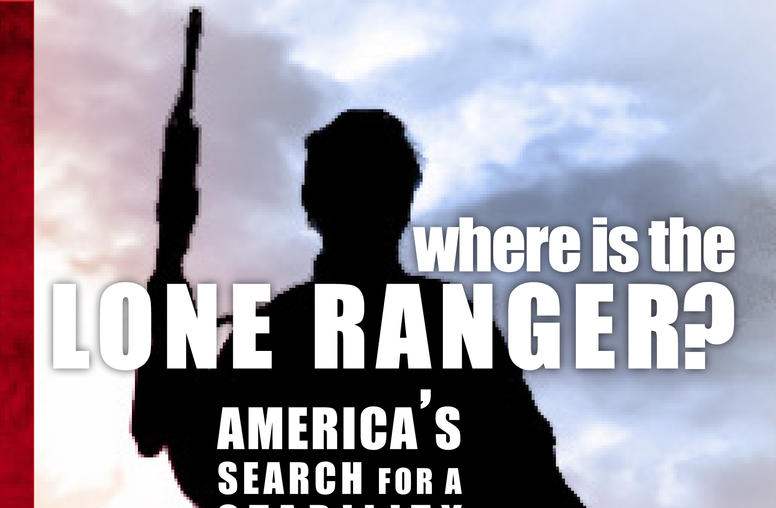
Where Is the Lone Ranger? Second Edition
Where Is the Lone Ranger? Second Edition examines the evolution of U.S. policy toward peace and stability operations through the prism of U.S. experiences with police and constabulary forces in Bosnia, Kosovo, Iraq, and Afghanistan.
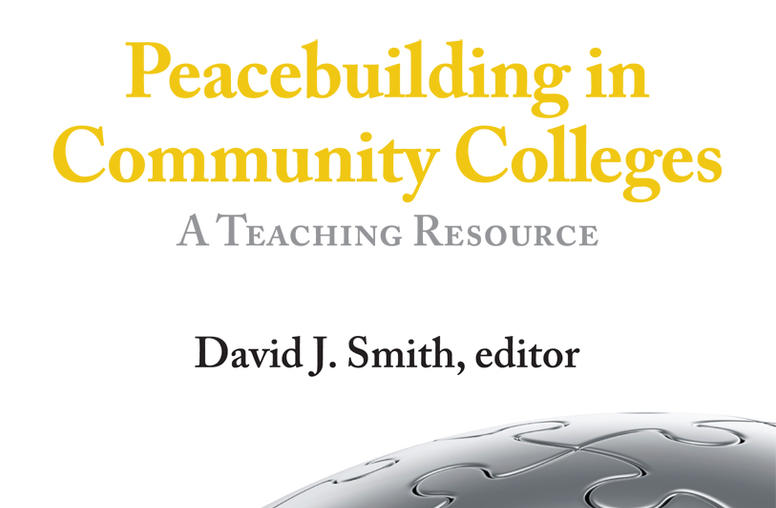
Peacebuilding in Community Colleges
In Peacebuilding in Community Colleges: A Teaching Resource, David J. Smith underscores the importance of community colleges in strengthening global education and teaching conflict resolution skills. Enlisting contributions by twenty-three community college and peacebuilding professionals, Smith has created a first-of-its-kind volume for faculty and administrators seeking to develop innovative and engaging peacebuilding and conflict resolution initiatives.
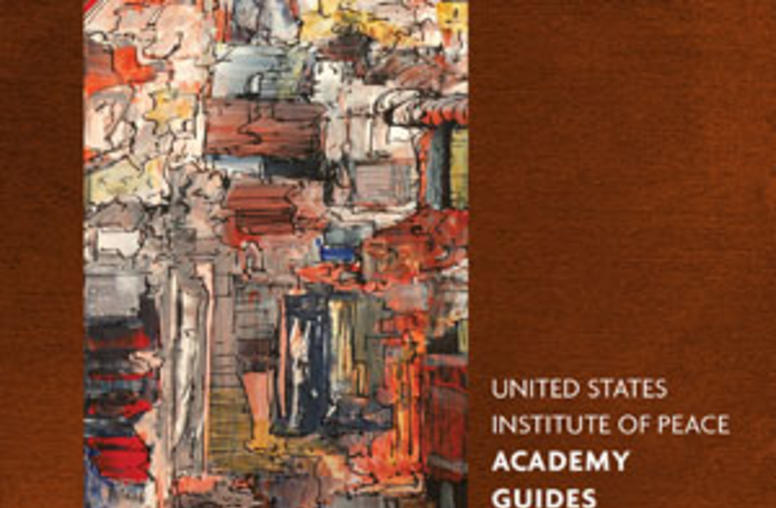
Conflict Analysis
Conflict Analysis: Understanding Causes, Unlocking Solutions is a guide for practitioners seeking to prevent deadly conflict or mitigate political instability. This handbook integrates theory and practice and emphasizes the importance of analyzing the causes of peace as well as the causes of conflict. It stresses that conflict analysis is a social as well as an intellectual process, helping practitioners translate analysis into effective action.
The Brilliant Art of Peace
The Brilliant Art of Peace presents lectures delivered by seventeen of the world's most eminent thinkers, including several Nobel laureates, for the United Nations Secretary-General Public Lecture Series. Toni Morrison addresses the state of the humanities, Chinua Achebe contemplates the influence of language on peace, and Desmond Tutu reflects on the role of religion in politics, among many other speakers on a variety of topics. The reader will find humor, moral rigor, and wit in this though...
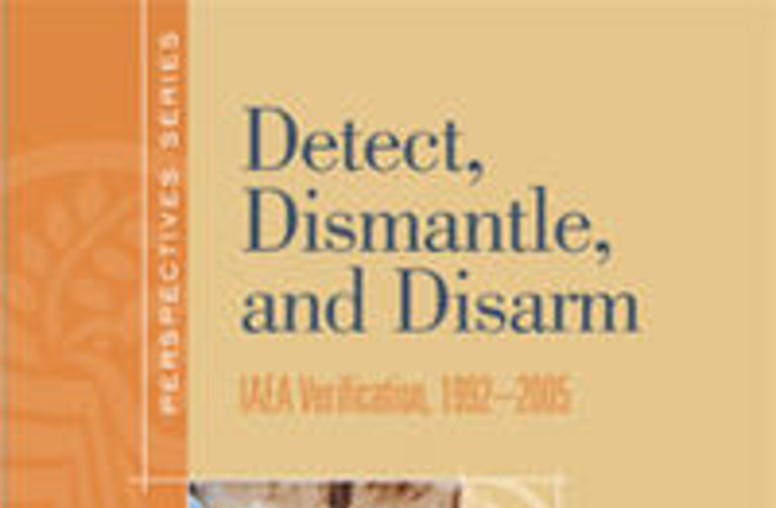
Detect, Dismantle, and Disarm
In Detect, Dismantle, and Disarm, the first nontechnical book on the IAEA’s role in verification, Christine Wing and Fiona Simpson examine the IAEA's experience in four cases and capture the elements of the verification process most useful for the design of future missions. Operations in Iraq, the Democratic People's Republic of Korea, South Africa, and Libya demonstrate how organizational, historical, political, and technical forces shape states’ compliance. Each chapter includes the history...
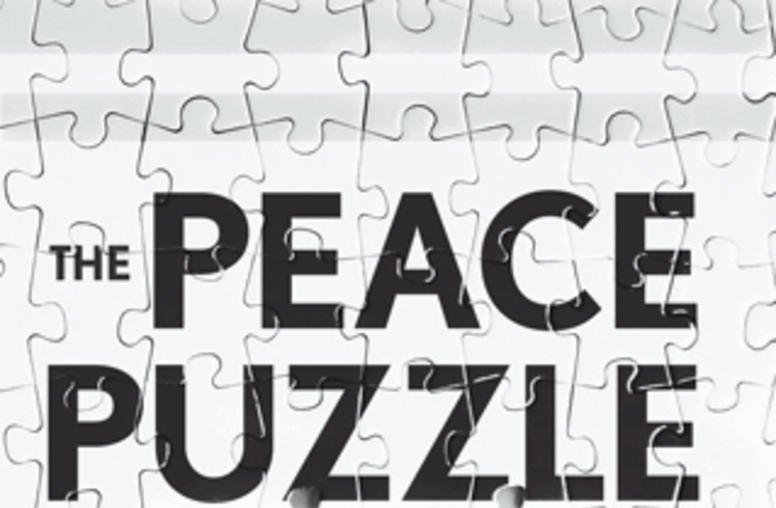
The Peace Puzzle: Appendices and Resources
The last 20 years of American efforts to resolve the Arab-Israeli conflict have seen many more failures than successes. The Peace Puzzle offers uniquely objective account of the American role in the post-Cold War era. In writing The Peace Puzzle, the members of USIP's Study Group on Arab-Israeli Peacemaking had broad access to key policymakers and official archives in their research process, making this book one of few that offers a comprehensive history from the Madrid Conference through the...
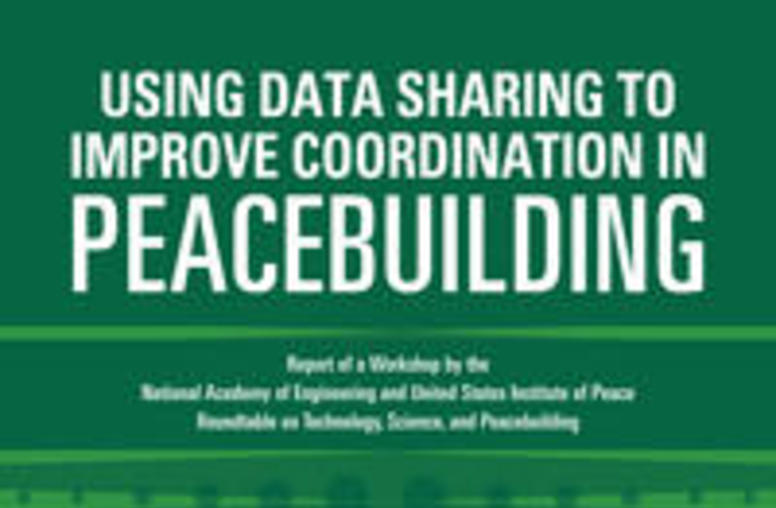
Using Data Sharing to Improve Coordination in Peacebuilding
On May 23, 2012, the Roundtable on Science, Technology, and Peacebuilding – a partnership between the U.S Institute of Peace and the National Academy of Engineering – held a workshop in Washington, DC, to identify the needs a data sharing system must address to secure widespread NGO and USG adoption for use in managing peacebuilding activities.